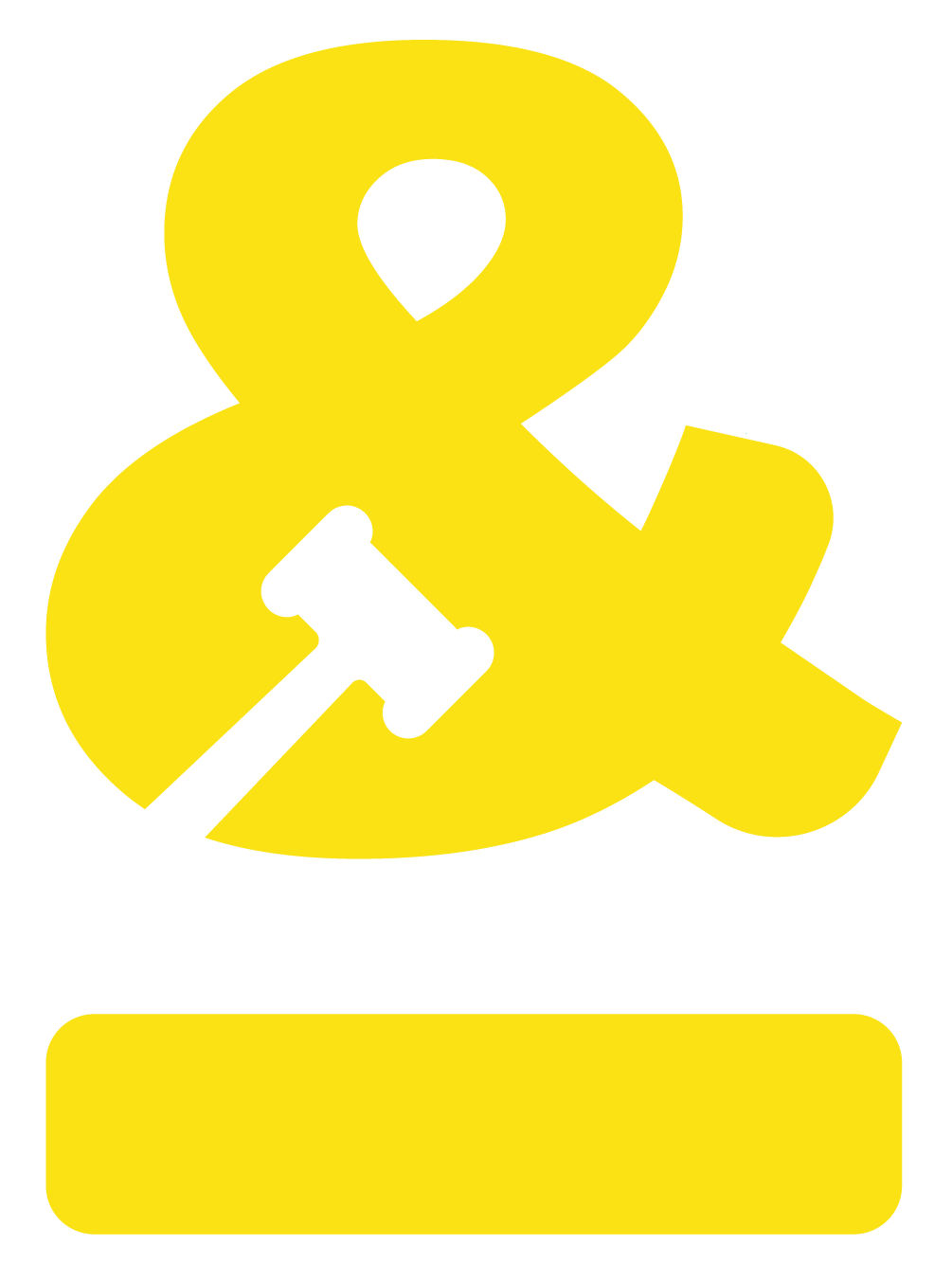What to expect when summoned for jury duty
So you got a letter in the mail that has summoned you to jury duty... what should you expect? Every county is different and if you find yourself in a situation where you have to reschedule, refer to your summons paperwork to see who you have to contact to get a rescheduling approved. If you do not get your request approved, you must appear at the location in the summons.The first thing you should expect when you arrive for your jury duty is to be placed in a waiting room with other prospective jurors. You will then be escorted by number to your respective courtroom. In the courtroom, you will be seated and there will be attorneys on both sides and a judge up at the bench. The judge is going to ask you questions based on your general experience with the judicial system. Questions could include whether or not you have been a juror before or your stance on certain topics that the jury might be presented with throughout the trial. The purpose of any of the questions asked is all geared towards the goal of having a fair and impartial jury at the end of jury selection. This could be determined by your prior life experiences and the perception that you may be swayed by one side over another. For example, if you have a previous experience with law enforcement that may contour your opinion, one of the attorneys may ask “despite your experiences or opinion towards law enforcement, are you able to set that aside and observe the facts of this case fairly”. They want to know if you can set your personal experiences aside to participate impartially throughout the trial.Some questions asked may be too personal to share with the rest of the prospective jurors. In these situations, you have the ability to request an approach to the bench to share your answers in a more private setting. The worst thing you could do is not answer a question in fear of embarrassing yourself or others resulting in being selected for a jury in which you are unable to provide a fair and impartial outcome. Both sides in a case have the right to know and need to know that information so you must be as honest and forthcoming as possible in these situations. Please keep in mind that the jury or the judge cannot give you specific details of the case in the jury selection process and can only give you hypotheticals or examples but no specific case facts. Only the jury that is selected will hear the details of the case that you are attending to. You might be wondering how long is this case going to take? During the judge's preliminary questions, they will usually explain to you how long the process is expected to take. Whether it is one day or five weeks. This allows the opportunity to determine any hardships this could cause that would potentially distract you from the facts of the case.
Main takeaways:
1. Show up!
If you don't show up, penalties can be imposed such as fines up to $1,000 or up to 6 weeks in jail. There is no need for this so make sure you do your best to show up for jury duty.
2. Be honest
Even if you are not asked a question you feel is important for the judge and attorneys to know, be sure to request an approach to the stand to share your thoughts as this might be important during the jury selection process.
3. Make the best of it
Jury duty could be an inconvenience in your life however, both parties are relying on you to determine the outcome and this could be the most important day of their lives. Watch attorney Marie Schoeb explain what you should expect when you've been summoned to jury duty. If you or someone you know has been injured, or if you are searching for more information on what you should expect in jury duty, call us at Busciglio, Sheridan & Schoeb (813) 225-2695 today to speak to one of our experienced attorneys.

